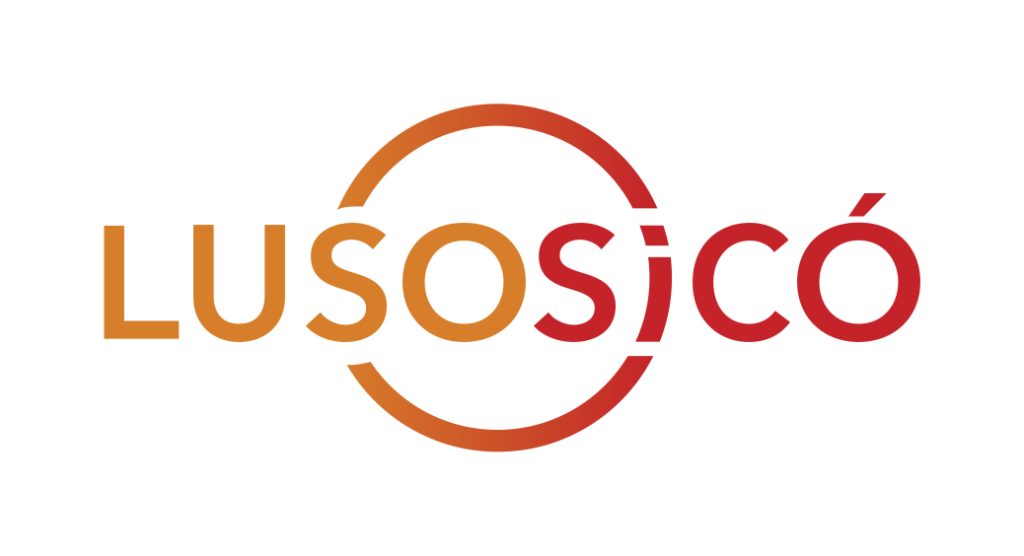<p> The phrase "from mine to millions" is typically associated with the transformative journey that certain resources, such as diamonds, undergo in the market. However, when it comes to blood diamonds, this process takes on a far darker and more sinister hue. The term “blood diamond” refers to conflict diamonds, which are used by armed groups to finance wars or violence. These stones have caused immense suffering and death, contributing significantly to human rights abuses, civil unrest, and https://blooddiamondsite.com/ the destabilization of entire regions. This article explores the dangerous game of blood diamonds and how they end up in the hands of casinos and slot machines around the world. </p>
<h2>Understanding Blood Diamonds: A History of Conflict</h2>
<p> The term "blood diamond" was popularized by the 2006 film “Blood Diamond,” which brought global attention to the issue. However, the problem has roots in the mid-1980s when rebel groups in Sierra Leone began using diamonds to fund their armed conflicts. The most notorious case is that of the Revolutionary United Front (RUF) in Sierra Leone, which used blood diamonds to finance its brutal 10-year civil war from 1991 to 2002. </p>
<p> During this time, the RUF forced civilians into diamond mining camps and used children as soldiers. The conflict not only resulted in countless deaths but also left deep scars on society. In Liberia, Charles Taylor, a former warlord turned president, was heavily involved in the trade of blood diamonds to fund his brutal regime from 1985 to 2003. </p>
<h2>The Role of Diamonds in Financing Conflicts</h2>
<p> Diamonds have been used as a funding source for various conflicts worldwide, but the issue is most prominently associated with Sierra Leone and Liberia. These stones are not only valuable due to their rarity and beauty but also because they can be easily transported, making them ideal for financing illicit activities. </p>
<p> In 2003, the Kimberley Process Certification Scheme (KPCS) was established as a response to the blood diamond crisis. The KPCS is an international certification scheme designed to prevent conflict diamonds from entering the legitimate diamond trade. It requires participating countries to ensure that their diamond production and trade are free of conflict. </p>
<h2>Casinos: Avenues for Illicit Money Laundering</h2>
<p> Despite efforts to combat blood diamond trafficking, illicit funds from these diamonds often find their way into the gambling industry. Casinos, in particular, have become a favored destination for money launderers due to their opaque nature and the perception of high-stakes games as legitimate business activities. </p>
<p> Money laundering through casinos involves several methods:
- Layering: Depositing small amounts of cash into multiple accounts before combining them.
- Smurfing: Breaking large sums down into smaller transactions to avoid detection.
- Integration: Legitimizing the funds by using them in high-stakes games and then withdrawing winnings without suspicion. </p>
<h2>The Connection Between Blood Diamonds and Casinos</h2>
<p> While casinos are not directly involved in diamond mining, they provide a lucrative platform for money launderers who have illicit funds derived from blood diamonds. In some cases, high-rolling customers with suspicious sources of wealth may be suspected by casino staff, leading to closer scrutiny or even banning. </p>
<p> One notorious example is the case of Charles Taylor’s illicit diamond trade. After he was deposed in 2003, many of his assets were seized, including luxury properties and high-value items like diamonds. These funds were likely laundered through various financial institutions, including casinos. </p>
<p> Casinos often implement strict Know Your Customer (KYC) policies to detect suspicious activity, but the complexity of global financial systems makes it challenging to eliminate all risks. The World Federation of博彩业监管机构通常会要求赌场采取一系列措施来打击洗钱活动,包括进行客户尽职调查、监控大额交易以及与国际反洗钱(AML)和打击资助恐怖主义(CFT)法规保持一致。 </p>
<h2>The Role of Slot Machines in the Gambling Industry</h2>
<p> Slot machines, a staple of casino operations, are not immune to the risks posed by illicit funds. While they do not directly contribute to the flow of blood diamonds, they provide a convenient channel for money laundering and can serve as an indicator of suspicious activity. </p>
<p> In the context of blood diamonds, slot machines can be seen as a means to integrate illicit funds into the legitimate gambling industry. High-rolling customers who have obtained their wealth through dubious means may use slot machines to convert their ill-gotten gains into seemingly legitimate earnings. This process, known as "winnings-to-winnings," helps to legitimize the original illicit funds. </p>
<p> Regulatory bodies and casino operators must remain vigilant in monitoring high-rolling players who exhibit unusual patterns of behavior or have connections to known criminal organizations. By implementing advanced analytics and data mining techniques, they can detect potential money laundering activities more effectively. </p>
<h2>Global Efforts to Combat Blood Diamond Trafficking and Gambling Laundering</h2>
<p> The fight against blood diamonds and gambling-related money laundering is a complex global challenge that requires coordinated efforts from various stakeholders. International organizations, governments, and private sector entities must collaborate to develop effective strategies. </p>
<p> Key initiatives include:
- Enhanced Regulatory Measures: Strengthening AML/CFT regulations and implementing more rigorous KYC procedures.
- Technological Advancements: Utilizing blockchain technology for transparent tracking of diamond origins and transactions.
- International Cooperation: Facilitating information sharing among countries to identify and trace illicit funds.
- Public Awareness Campaigns: Educating consumers about the ethical implications of their purchases and gambling activities. </p>
<h2>Conclusion: The Ethical Imperative for Responsible Gaming</h2>
<p> The transformation from mine to millions in the case of blood diamonds is a stark reminder of the human cost associated with unregulated and unethical business practices. Casinos and slot machines, while not directly involved in diamond mining, play an unwitting role in the circulation of illicit funds. </p>
<p> As the gambling industry continues to grow globally, it is crucial for operators and regulatory bodies to adopt a proactive stance against money laundering and other forms of financial crime. By doing so, they can help ensure that the proceeds from blood diamonds do not find their way into casinos or slot machines, thereby contributing to more ethical and responsible gaming practices. </p>
